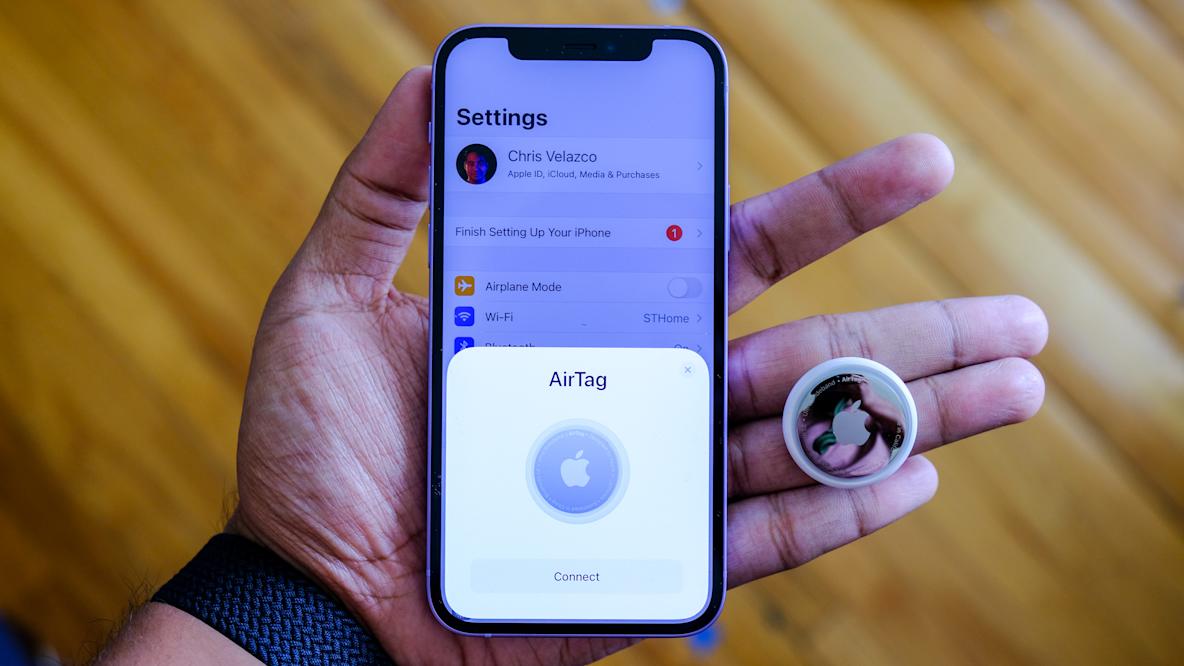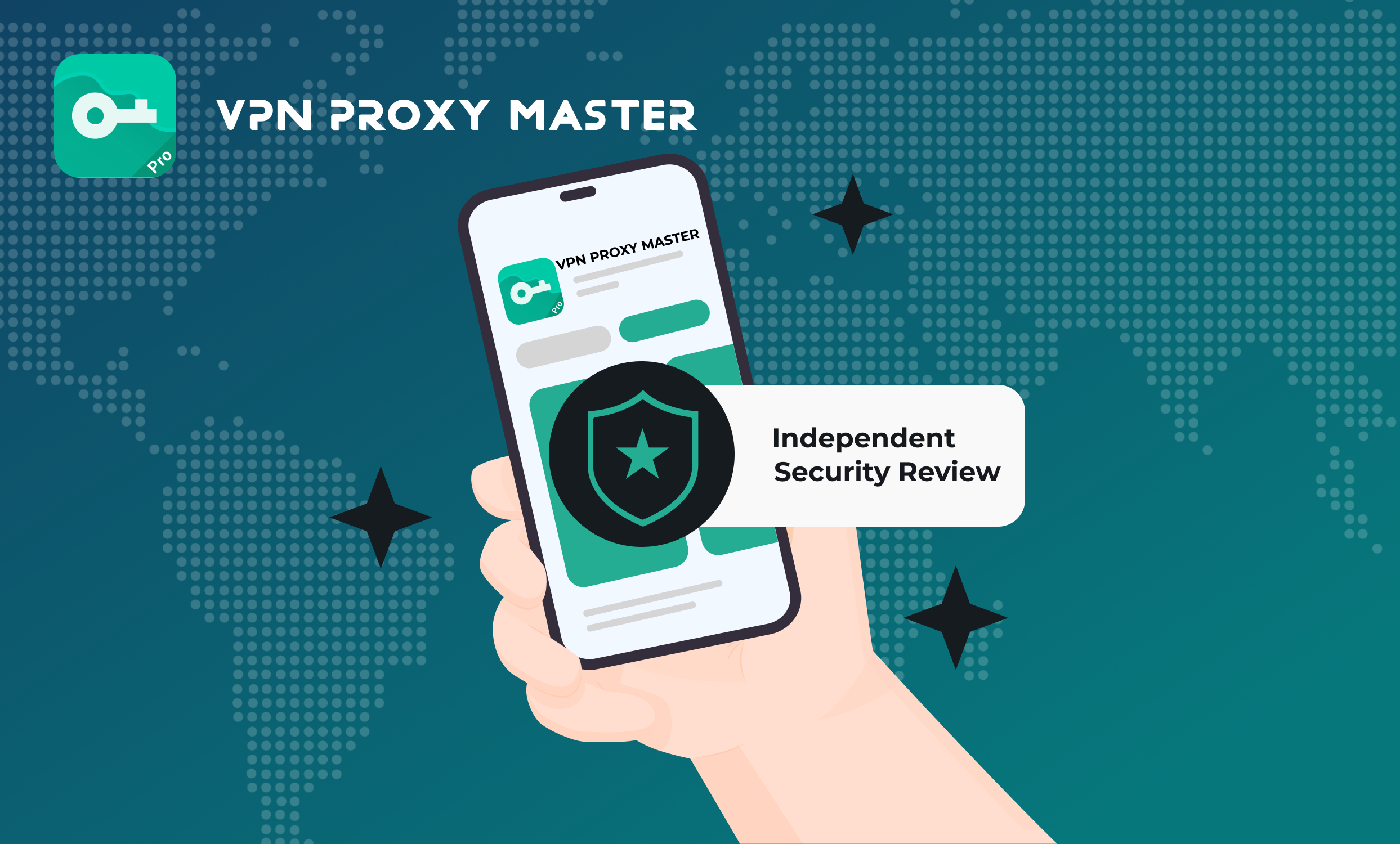
Spam text messaging can be dangerous, and there are ways to protect yourself from it. Ensure you know how to identify spam texts, and don't respond to them if you don't know who the sender is. If you do get a spam text, delete it immediately.
Is your phone spam texting you?
Are you getting spam texts from your phone? If so, there's a good chance that your phone is texting you without your permission.
Spammers are constantly trying to find new ways to reach people, and one way they do this is by using their phones to Text.
If you're getting a lot of unsolicited Texts through your phone, it may be because someone has hijacked your number and is using it to send spam.
If you feel like someone is Texting you without your permission, the best thing to do is to report the number to your carrier and block the number from Texting you in the future.
What happens if you read a spam text? (cyberattacks)
If you're ever unfortunate enough to come across a spam text, you might be wondering what could happen if you read it. Unfortunately, there are several ways that reading spam can lead to cyberattacks. Here's what you need to know:
- Spammers often use malicious software (malware) in their spam texts. This malware can track your computer activity and steal personal information, such as passwords and credit card numbers. If you're ever worried about the safety of any text message, always scan it for malware before opening it.
- Spammers also use social engineering tactics in their spam texts. They try to trick you into revealing your personal information by posing as someone you trust, like a friend or family member. Cybercriminals can also use the information you give them to create fake identities for themselves and attack other people.
How to protect yourself?
Many people know that they should avoid being spammed, but many don't know how to protect themselves from spam text messages. Spamming is when someone sends unwanted text messages to multiple people. It's a common form of harassment and can be very annoying. There are a few things that you can do to protect yourself from spam text messages:
- Set up your phone to limit the number of new messages you receive each day. This will help prevent spam from happening in the first place.
- Use a spam filter on your phone. Many phones come with built-in spam filters, but if yours doesn't, you can download apps that do the same thing. These apps will scan all incoming text messages for signs of spam and warn you if there are any problems.
- If you receive a text message, you did not ask for, and it seems suspicious, do not open it. This is the best option. If you open the message and find something meaningful or plain wrong, you can easily report it to your phone carrier or the cellular company.
Use a strong password:
When you receive a text message that seems suspicious, check the sender's phone number against your list of blocked numbers. Always use a strong password when logging into your online accounts. And always remember to delete old messages and texts so that hackers cannot access them and use them to try and extract personal information from you.
Don't share your phone number with anyone you don't trust:
Are you one of the many people who share their phone numbers with everyone they meet? If so, you're at risk of receiving spam text messages. Here's how to protect yourself from this unwanted communication:
- Don't share your phone number with anyone you don't trust. Anyone can use it to send unsolicited texts, and there's no way to track who is sending them.
- Use an anti-spam app. These apps filter out unwanted text messages before reaching your device, saving you time and energy.
- Turn off notifications for text messages. Notifications can be a nuisance when you want to avoid being disturbed, so turn them off.
- Set up a PIN code or password for your device. This will help deter those who would like to access your device without your permission.
Beware of phishing scams:
Texting is a popular way to communicate and has become increasingly used to communicate by businesses and organizations. Unfortunately, some people use Text messaging to send spam messages. If you receive spam text messages that seem to be from your friends or family members, it's important to be aware of phishing scams. Phishing scams are fake emails or websites that trick you into disclosing personal information such as your login credentials or bank account numbers. Don't respond to any suspicious messages, and be sure to use caution when giving out personal information online or through text messages.
Install antivirus software:
Many people are unaware that spam text messages can be quite harmful. They can be irritating, but they can also contain viruses and other malicious content. If you want to protect yourself from this messaging, installing an antivirus software program is important. This will help identify and block any unwanted content before it can do any damage.
Check your phone bill for unauthorized charges:
If you're like most people, you probably check your phone bill every month to ensure there are no unexpected charges. But what if you receive a text message that looks suspicious? Don't be fooled—spammers are constantly trying to scam people by sending them fake text messages that charge their phones without their permission. Here are some tips to help protect yourself from spam texting:
- Always verify the sender before responding to a text message. Sometimes spammers will spoof the phone number of a legitimate company or organization to get your attention.
- If you don't recognize the sender, don't reply. Ignorance is not an excuse when it comes to protecting your personal information.
- Never enter your cell phone number into a text message. If you must communicate with someone texting you, enter the person's name and phone number.
- Never share your personal information or passwords with anyone over the phone or text message.
FAQs:
How can I stop spam texts?
There are a few ways to stop spam texts. One way is to set your phone to reject text messages from numbers you don't recognize. Another way is to install an app that blocks spam texts.
What is the best way to stop spam texts?
There are a few ways to stop spam texts. One is to use a text blocker app to prevent spam texts from coming through. Another is to set up a filter in your email account that sends all spam texts directly to your trash can. Finally, you can also add your phone number to the National Do Not Call Registry, which will stop most telemarketing calls and texts.
What does the FTC say about text messages?
The FTC has a few things to say about text messages. They recommend that you always get permission from the recipient before sending them a text message and that you include an easy way for people to unsubscribe from your messages. They also advise against sending messages that are meant to be urgent or time-sensitive, as they may not be received in time.
What is the FTC?
The Federal Trade Commission (FTC) is an independent agency of the United States government that promotes consumer protection and antitrust laws. The FTC enforces laws that prohibit unfair or deceptive trade practices, such as false advertising.
How do I know if someone is sending me spam texts?
There are a few ways to tell if someone is sending you spam texts. One way is to look at the number that sent the Text. If the number is not in your contacts, it's likely spam. Additionally, if the Text contains many random numbers or symbols, it's likely spam. Finally, if the Text asks you to click on a link or call a number, it's likely spam.
How to avoid spam texts?
There are a few ways to avoid spam texts. One is to use a phone carrier that offers spam protection, like T-Mobile's "T-Mobile One" plan. You can also install an app like "Truecaller" that will help you identify spam callers. Finally, you can create a rule in your phone's settings that blocks all text messages from numbers, not in your contacts list.
How to report spam texts?
If you're getting spam texts, you can do a few things. You can report the spam texts to your carrier or report them to the Federal Trade Commission (FTC). You can also block the number from which the Text is coming.
What is a spam text?
Spam texts are unsolicited text messages typically sent to a large number of people. They often contain marketing content or links to websites trying to sell a product or service. Spam texts can be annoying and frustrating, and they can also be a security risk, as they can contain malware or other harmful content.
Conclusion:
In conclusion, using a VPN proxy master is the best way to protect yourself against spam texting. It's easy to use and can be installed on any device. It will keep your information safe and secure while you're online. Make sure to download the app today and start using it to keep your information private and protected.
VPN proxy master is a reliable free VPN for up to six devices, which offers fast and stable speed and AES 256 bank-level encryption, guaranteeing quick, secure browsing.
It is compatible with almost all operating systems such as Android, iOS, macOS, and Windows. It has a no-logs policy and offers dedicated tech and customer support.















